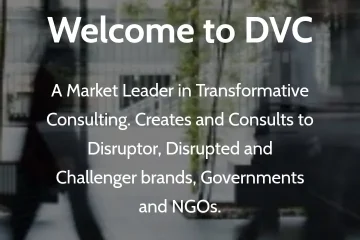In the aftermath of the Second World War, the global community came together to weave a complex tapestry of institutions and norms known as the “rules-based international order.” However, as we stand on the precipice of a new era, this once-sturdy fabric is facing unprecedented strain. The very foundations upon which it was built are under assault, primarily from emerging powers such as China and Russia.
The rules-based international order, often hailed as a safeguard against chaos, is now grappling with a profound challenge to its legitimacy. No divine right protects its existence; rather, it relies on the commitment of nations to abide by shared principles. The rise of geopolitical tensions, assertive nationalism, and power shifts have left the fabric of this order fraying at the edges.
China and Russia, in particular, stand as key protagonists in this unfolding narrative. Rather than embracing the established norms, they seem content to pull at the loose threads of the international system. Their actions suggest a willingness to challenge and reshape the global order according to their own visions.
As the tussle between established powers and rising challengers intensifies, the need for a resilient and adaptable international order becomes ever more apparent. Nations find themselves at a crossroads, contemplating the future direction of global governance. The question arises: Is the current order equipped to address the complex challenges of the 21st century, or is it destined to yield to alternative visions proposed by those who seek to redefine the rules?
In this turbulent landscape, diplomatic agility and cooperation become paramount. The blog explores the nuanced dynamics of this evolving scenario, emphasizing the necessity for inclusive dialogue, cooperation, and a shared commitment to addressing common challenges. It delves into the role of nations, both established and emerging, in shaping the future trajectory of international relations.
While the rules-based international order may face its most formidable test yet, the blog concludes by asserting that challenges can also be opportunities. Adapting to the shifting geopolitical currents requires a collective effort to reinforce the order’s resilience, rebuild where necessary, and forge a path forward that reflects the complexities of our interconnected world. The international community must navigate this delicate balance, weaving a new narrative that acknowledges the diverse perspectives of nations while upholding the principles that have long defined global cooperation.
About the author
DVC Consultants: Exploring Unknown Unknowns since 1995. Quentin Anderson is Executive Chairman, DVC Consultants, CEO and Co-Founder of BankTotal, and Co-Founder of the social media platform Mifamilias.com. He has decades of experience in advising companies, and for 18 years was a CEO of brand development companies in the WPP group.
q.anderson@dvcconsultants.com
Thought Leadership- Cogitare
Cogitare – Latin for “To Think” – is the collective name for DVC Consultants thoughts, insights and perspectives on a broad and eclectic number of subjects. From Brexit to Global Poverty, Islamic Banking to Subsistence Agriculture, Disruptive Technologies to The World Bank. It reflects the wide range of sectors and issues we consult on. We hope you enjoy reading them.




0 Comments